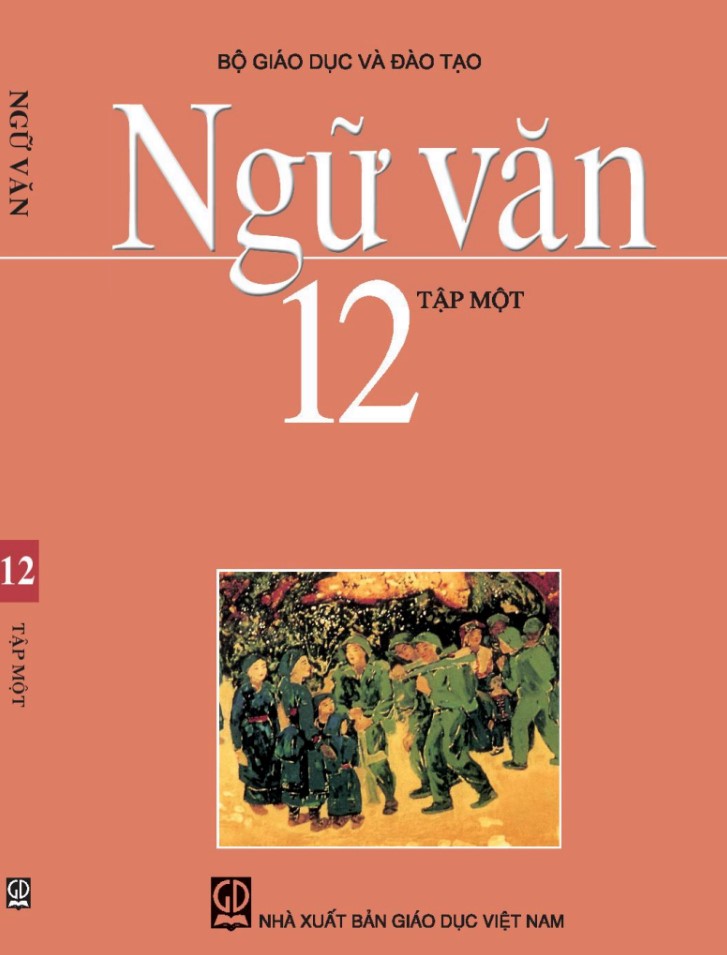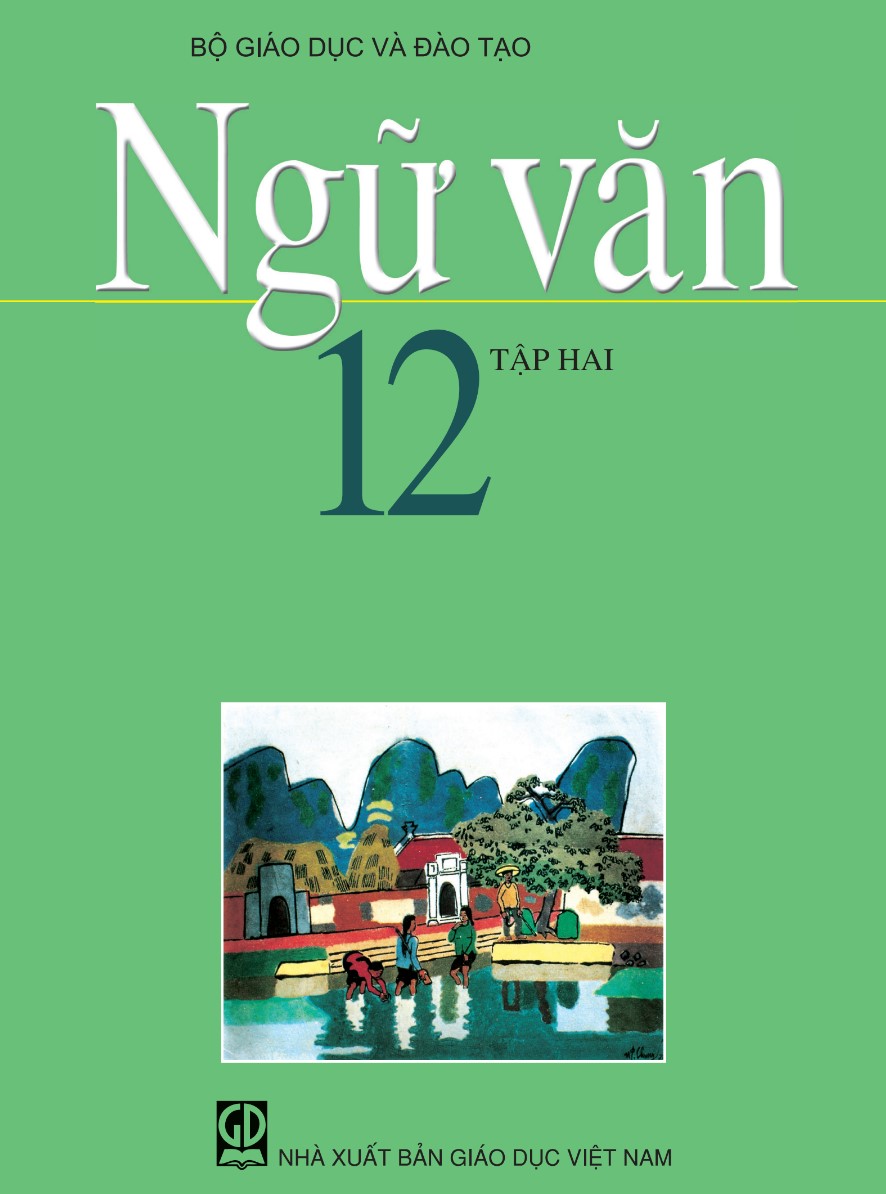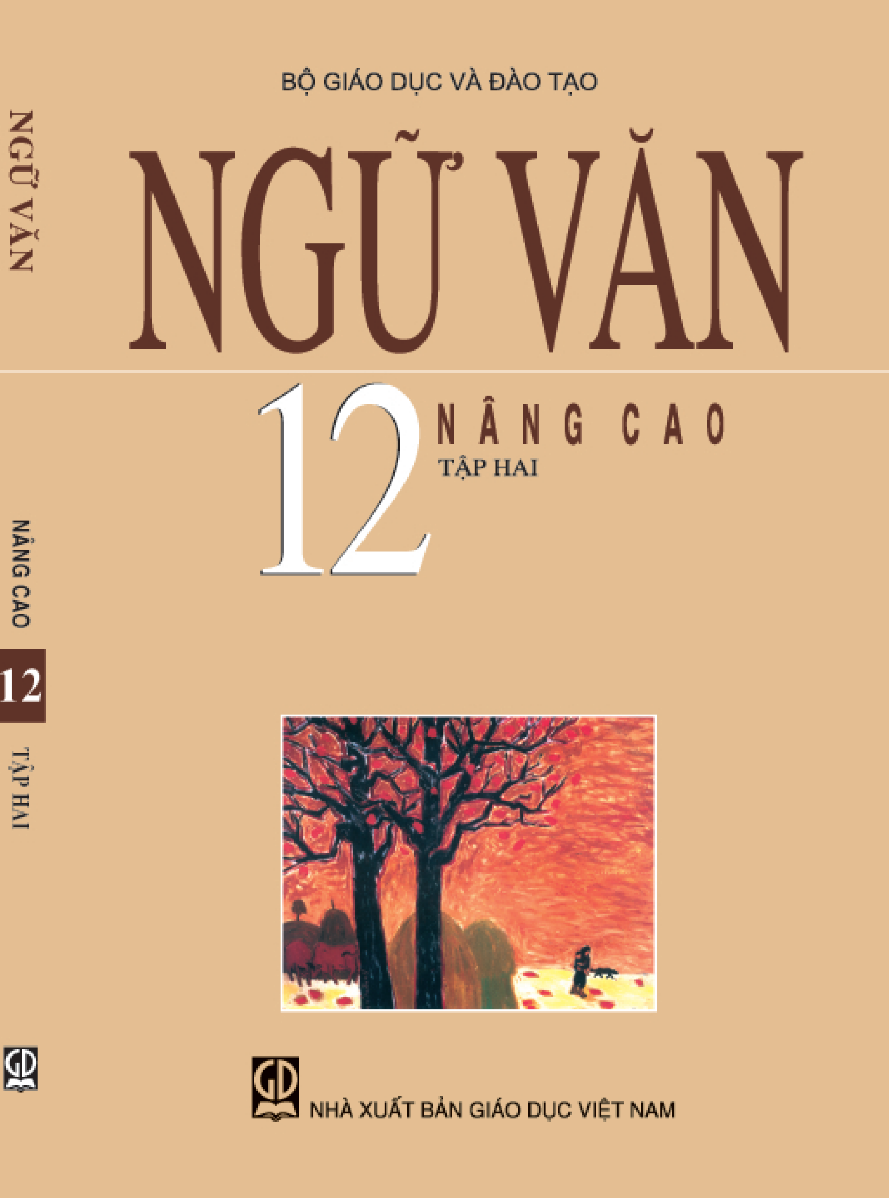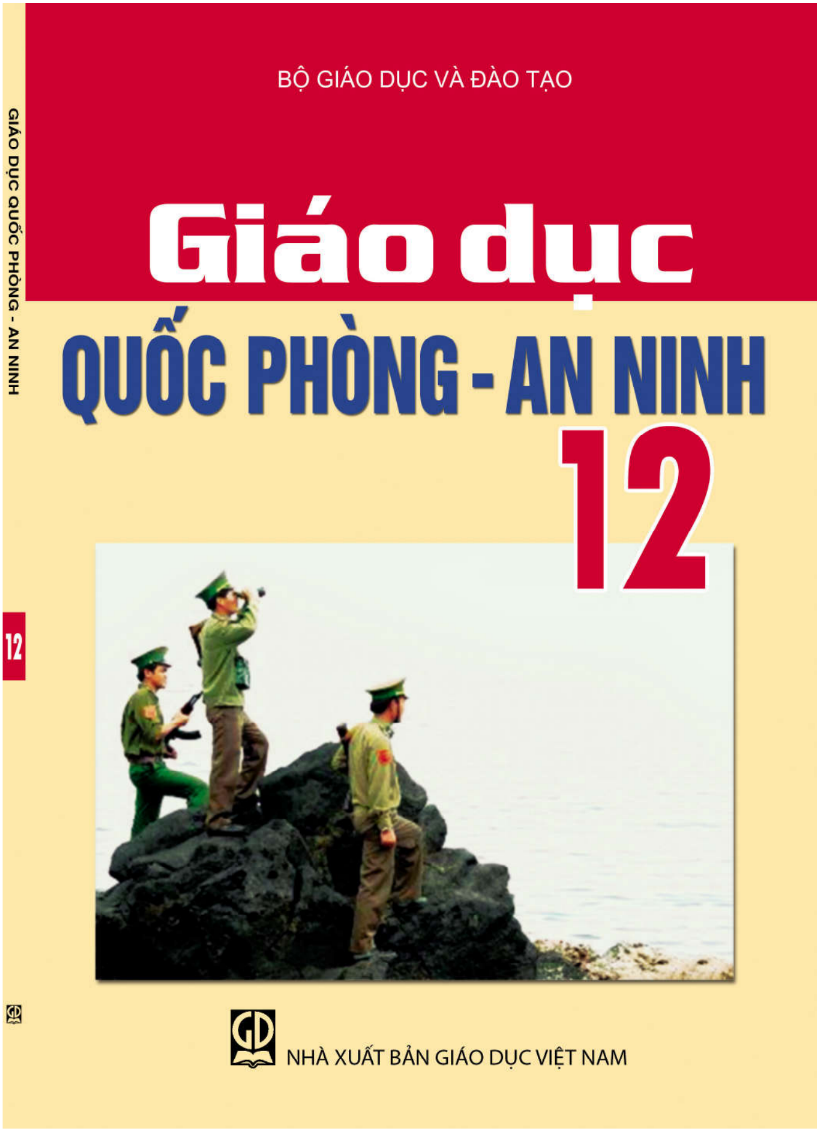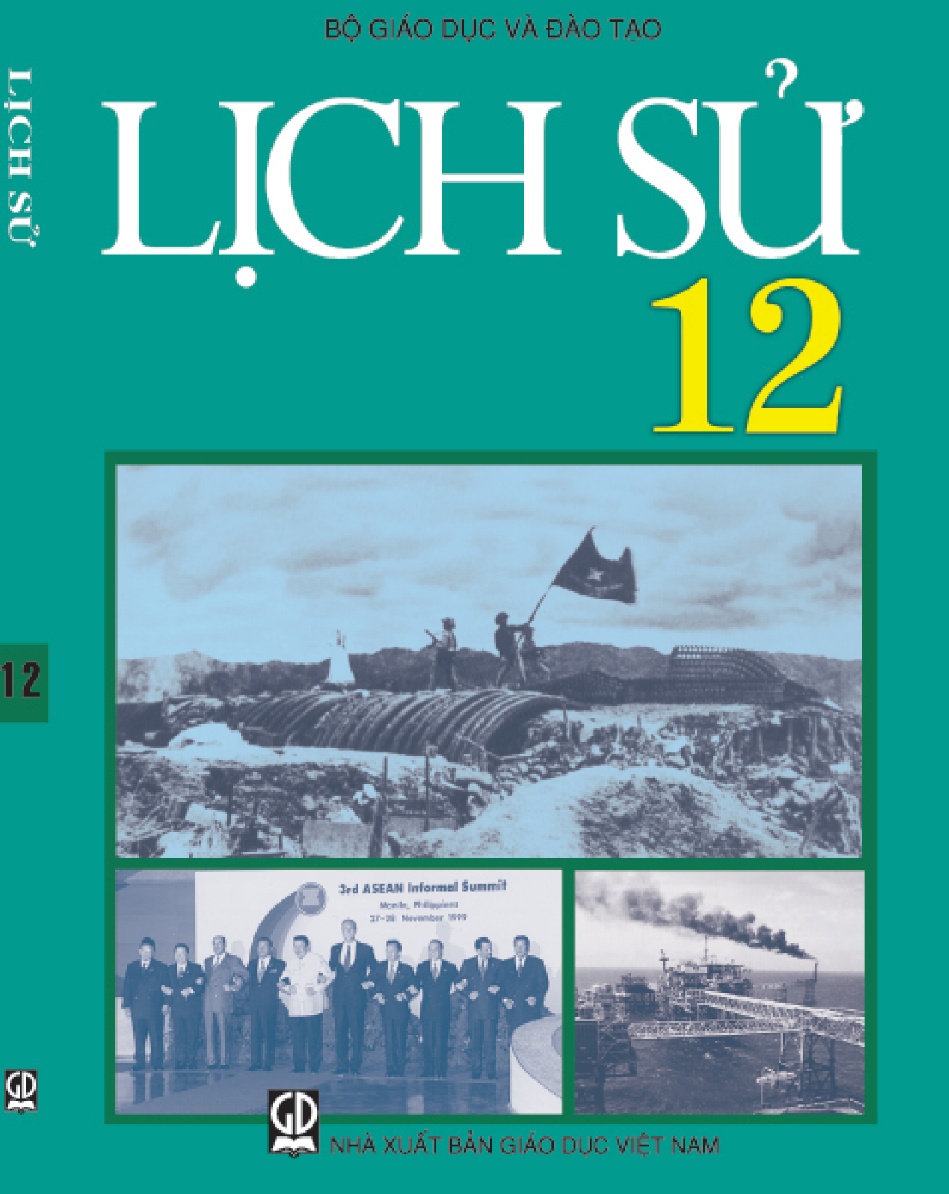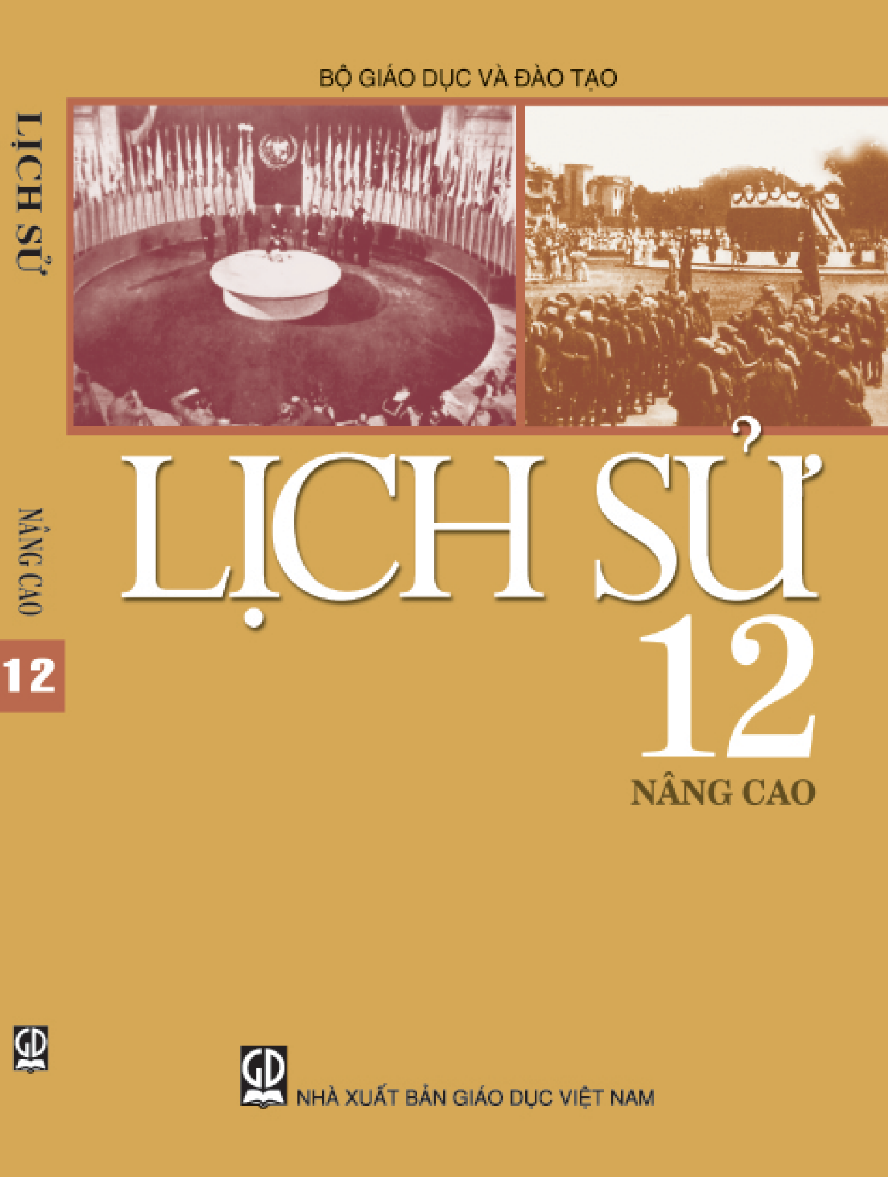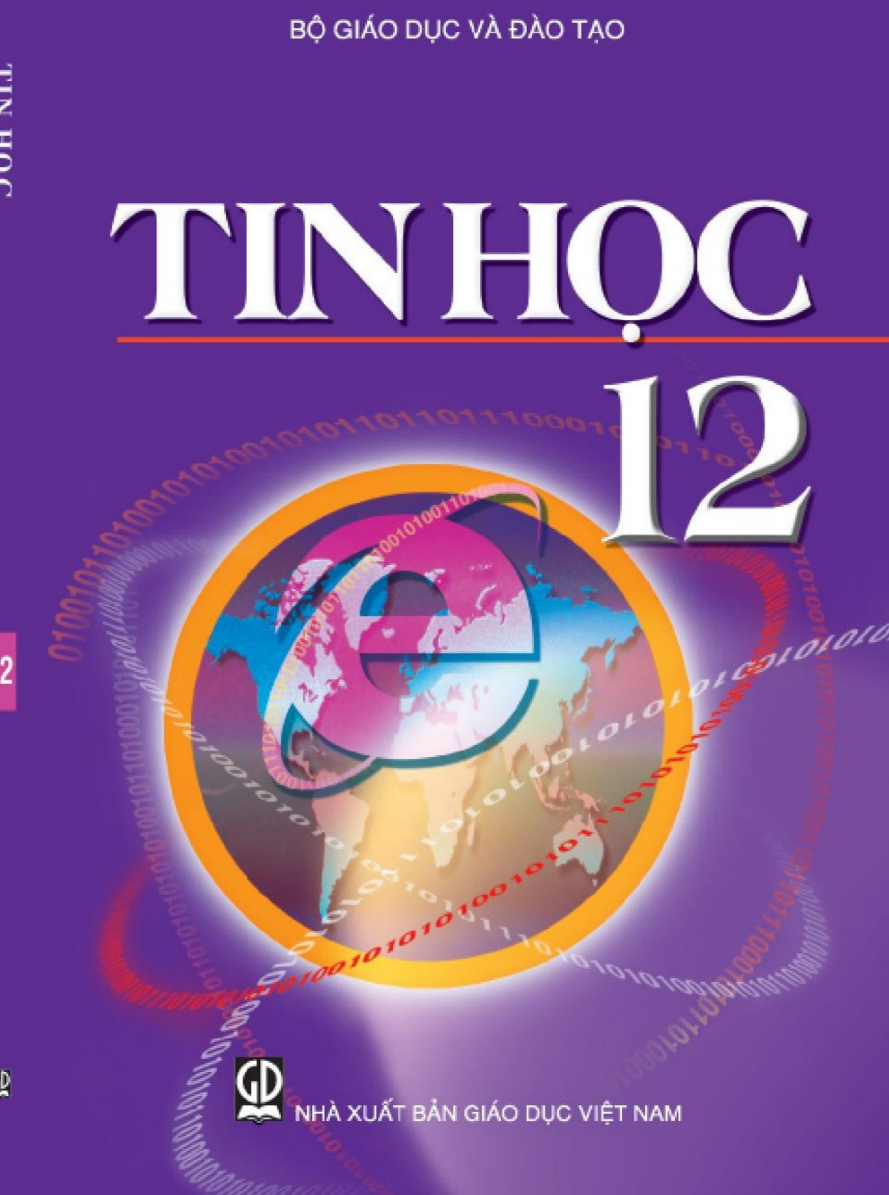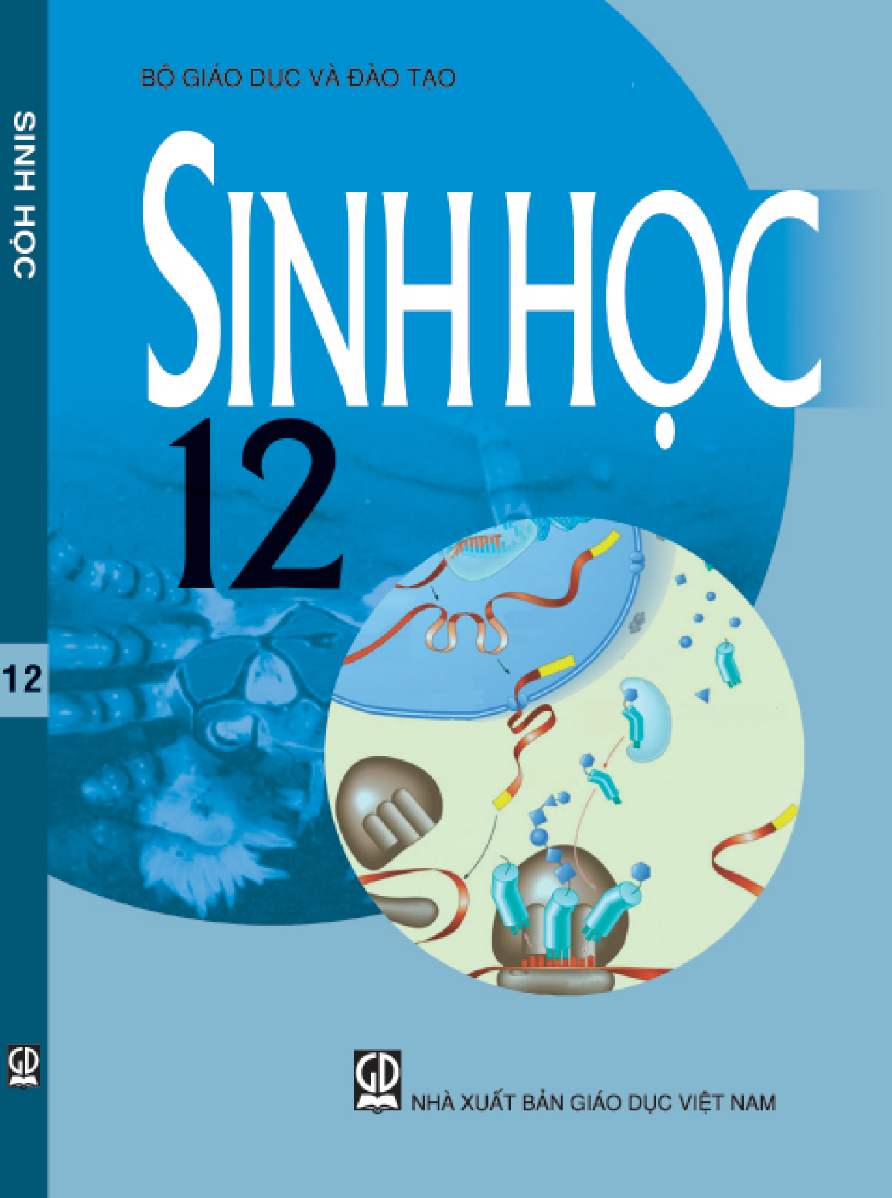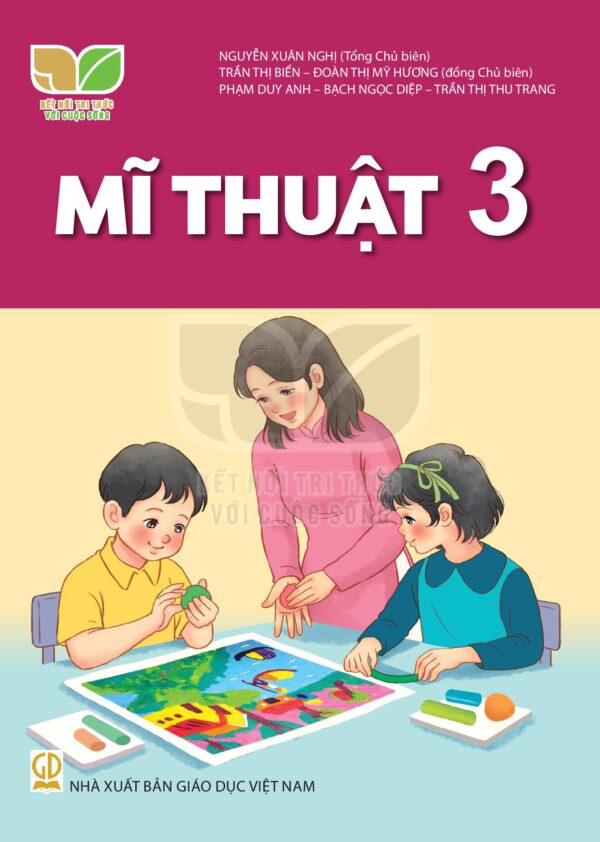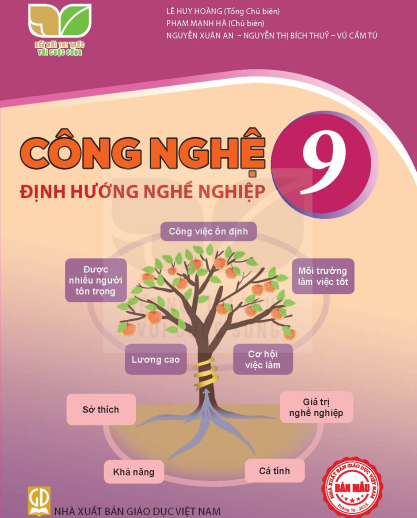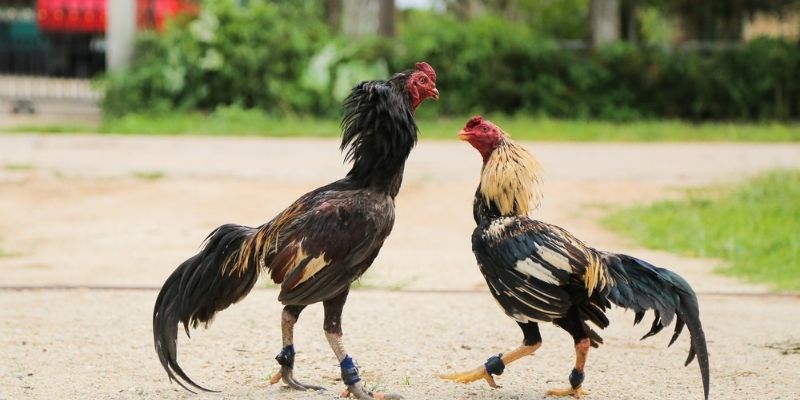(Page 136)
VII. COMMUNICATION AND CULTURE / CLIL
Everyday English
Thanking and accepting thanks
1. Listen and complete the conversations with the expressions in the box. Then practise them in pairs. 🎧
| A. Don't mention it B. I really appreciate it C. It's my pleasure D. Thank you for inviting |
1.
Ms Lan: Mai, the information about the online courses is very useful. Thank you for presenting it. (1) _____.
Mai: (2) _____. Ms Lan. I'm glad you found it useful.
2.
Nam: Mark, I like the activities of the science club very much. (3) _____ me to join the club.
Mark: (4) _____. Glad to help.
2. Work in pairs. Use the models in 1 to make similar conversations for these situations. One of you is A, the other is B. Use the expressions below to help you.
1. A attends a cooking class taught by B. A thanks B for teaching her/him to cook a traditional dish. B replies by accepting thanks.
2. A and B are friends. B thanks A for sharing information about an app for learning English. A replies by accepting thanks.
| Useful expressions |
| Thanking | Accepting thanks |
| Formal | Formal |
| • I can't thank you enough for ... • I'm really/so grateful for ... • I really appreciate it. | • You're welcome. • It's my pleasure. • My pleasure. |
| Informal | Informal |
| • Thank you/Thanks for ... • Many thanks! • Thanks a million! | • No problem. • Don't mention it. • Glad to help. |
Culture
1. Read the text and complete the diagram with information from the text.
One of the oldest university graduates
Bertie Gladwin became one of Britain's oldest graduates after receiving his Master's degree in intelligence history from the University of Buckingham at 91. He started his degree at the age of 89 together with his wife, who was then aged 77. 'I feel very satisfied to think that I've done an MA at my age,' he said at the time. "When you're 90, you sit around and not a lot happens, so it's important to carry on learning and to broaden your horizons.'
Gladwin left school at the age of 14 and never finished his secondary education or went to university. But he still found a satisfying job. When Gladwin retired, he became less active and thought getting back into learning would delay the negative symptoms of old age. He wanted to keep his brain active and learn more about something that had always interested him. Then at the age of 60, he earned a BA in Psychology. By the time he was 70, he had also completed a BSc in Molecular Biology. "They're fascinating subjects,' he said. "I did them just because I was interested in them and wanted to know more about them.'

| At 14 | At 60 | At 70 | At 89 | At 91 |
| • left school • didn't finish secondary education | (1) _____ | (2) _____ | (3) _____ | (4) _____ |
2. Work in groups. Share stories of people you know who keep learning despite their old age.
